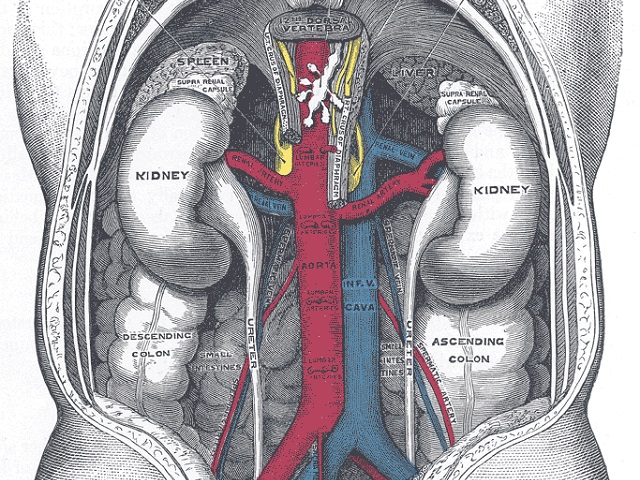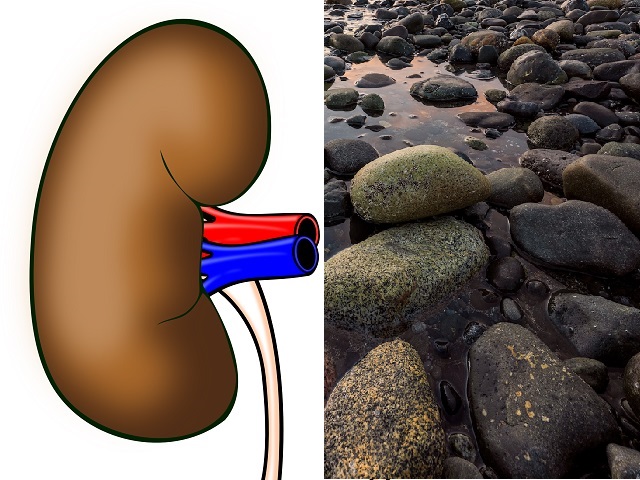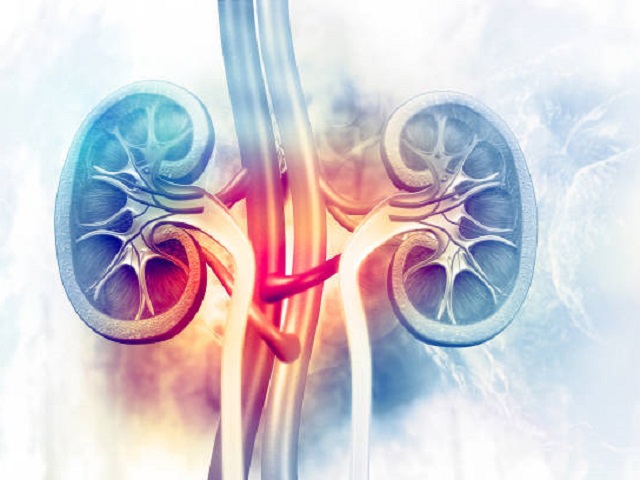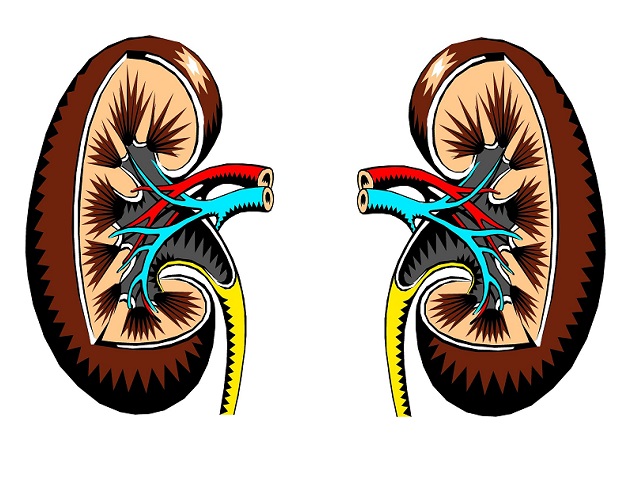8 Signs You May Have Polycystic Kidney Disease -- Symptoms, Causes, Effects, Treatment and Prevention
Polycystic kidney disease (PKD) is an inherited disorder characterized by the growth of numerous cysts in the kidneys. It can lead to kidney enlargement, impaired kidney function, and various complications. There are two main types of PKD: autosomal dominant polycystic kidney disease (ADPKD), which is the most common form, and autosomal recessive polycystic kidney disease (ARPKD), which is less common but often more severe. Here is a brief explanation of polycystic kidney disease, along with its symptoms, diagnosis, causes, effects, treatment, and prevention:
Symptoms of Polycystic Kidney Disease:
The signs and symptoms of PKD can vary, depending on the type and progression of the disease. Common symptoms include:
- Abdominal or flank pain
- High blood pressure
- Blood in the urine (hematuria)
- Frequent urinary tract infections
- Kidney stones
- Fatigue
- Enlarged abdomen due to kidney enlargement
- Kidney failure, leading to symptoms such as nausea, vomiting, loss of appetite, and changes in urine output
Diagnosis of Polycystic Kidney Disease:
PKD can be diagnosed through various methods, including:
- Medical history and physical examination
- Imaging tests: Ultrasound, CT scan, or MRI can detect the presence of cysts and evaluate their size and number.
- Genetic testing: DNA testing can identify specific genetic mutations associated with PKD.
Causes of Polycystic Kidney Disease:
PKD is primarily caused by genetic mutations that affect the development and structure of kidney cells. In ADPKD, mutations in the PKD1 or PKD2 genes are responsible for the disease. In ARPKD, mutations in the PKHD1 gene are involved. These genetic mutations are usually inherited from one or both parents with the disease.
Effects of Polycystic Kidney Disease:
PKD can lead to various complications and effects on kidney function, including:
- Chronic kidney disease and kidney failure
- Kidney infections and cyst infections
- High blood pressure and cardiovascular problems
- Kidney stones and urinary tract obstructions
- Liver cysts
- Aneurysms in the brain
- Diverticulosis (the presence of small pouches in the colon)
Treatment and Prevention of Polycystic Kidney Disease:
There is currently no cure for PKD, but treatment aims to manage symptoms, slow disease progression, and prevent complications. Treatment options include:
- Medications: Blood pressure medications, such as ACE inhibitors or angiotensin receptor blockers, can help control hypertension and slow kidney damage.
- Pain management: Over-the-counter or prescription pain medications may be recommended to alleviate discomfort.
- Antibiotics: Antibiotics are prescribed to treat kidney or cyst infections.
- Dialysis and kidney transplantation: In advanced cases of kidney failure, dialysis or kidney transplantation may be necessary.
- Prevention of PKD is not possible since it is a genetic disorder. However, genetic counseling and testing can be helpful for individuals with a family history of PKD to understand their risk and make informed decisions.
References:
National Institute of Diabetes and Digestive and Kidney Diseases. (2021). Polycystic kidney disease. Retrieved from https://www.niddk.nih.gov/health-information/kidney-disease/polycystic-kidney-disease
Mayo Clinic. (2021). Polycystic kidney disease. Retrieved from https://www.mayoclinic.org/diseases-conditions/polycystic-kidney-disease/symptoms-causes/syc-20352820
Image Attribution:
Featured image by BruceBlaus, CC BY-SA 4.0, via Wikimedia Commons


















